
10-23-2002, 11:08 AM
|
 |
CC Member

|
|
|
Join Date: Jan 2002
Location: Bridgewater,
NJ
Cobra Make, Engine: B & B
Posts: 1,323
|
|

 Not Ranked
Not Ranked
 Oil Viscosity? What's Best
Oil Viscosity? What's Best
Hi Guys,
I was wondering what oil viscosity most of you use. Do you use what the manufacturer or rebuilder recommends? I am sure this is a topic that has many different answers. I currently have a crate motor (330hp) and I am using the manufactures recommended viscosity.
Thanks
Jim
__________________
Just enough knowledge to build a cobra and be dangerous...
You can observe a lot from just watching.
|
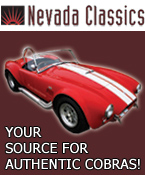

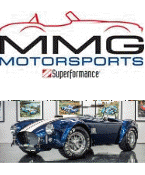
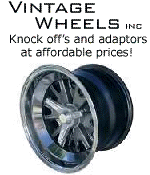

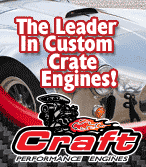
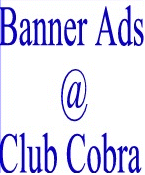
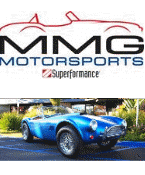
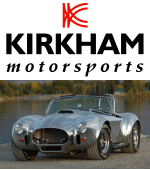

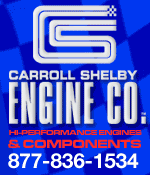







 Threaded Mode
Threaded Mode

